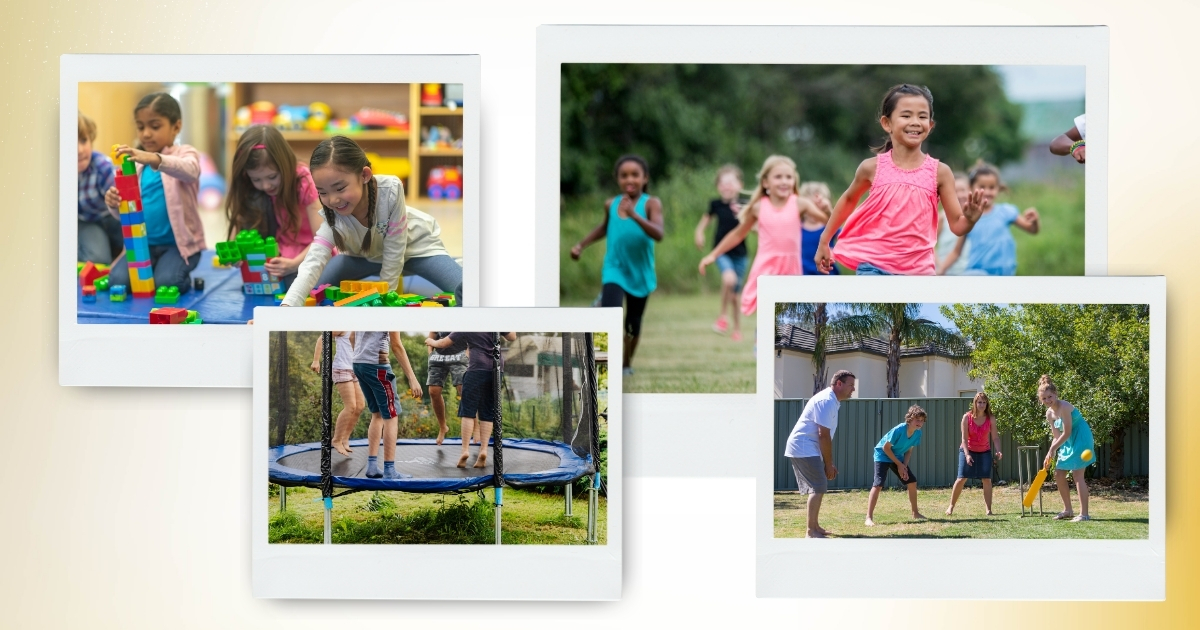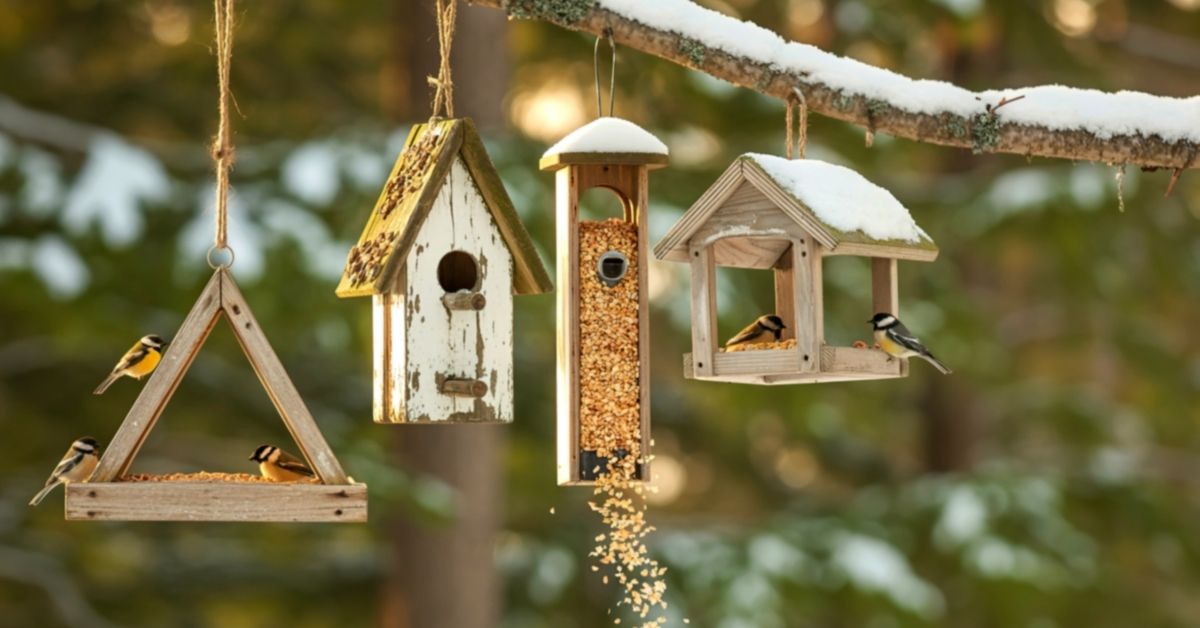Homeschooling toddlers requires a thoughtful approach, especially if you aim to nurture independence while respecting their natural developmental stages. The Montessori method, known for its focus on child-led learning and hands-on activities, provides an excellent framework to help toddlers thrive intellectually, emotionally, and socially.
This post offers practical Montessori-based activities for toddlers that support autonomy and curiosity in your homeschooling setup.
1. Understanding The Montessori Approach For Toddlers
The Montessori method emphasizes encouraging independence, fostering problem-solving, and promoting exploration. When applied to toddlers, it leverages their natural inclination to learn through play and practical life tasks. Here’s what sets Montessori for toddlers apart:
- Child-Centered Learning: Montessori education empowers children to choose activities that interest them within a carefully prepared environment. This nurtures intrinsic motivation and independence.
- Hands-On Learning: Activities are designed to engage toddlers physically and mentally, encouraging active exploration rather than passive instruction.
- Respecting the Sensitive Periods: Toddlers are in a critical period for developing motor skills, language, and social behaviors. Montessori activities align with these developmental stages.
By incorporating these principles, parents can create a homeschooling experience that aligns with their toddler’s natural growth while encouraging self-reliance.
2. Practical Life Activities To Promote Independence
Practical life activities are foundational in Montessori education and are especially significant for toddlers. These tasks introduce basic skills toddlers need for everyday life while enhancing fine motor skills, focus, and confidence.
Here are some practical life activities suited for homeschooling toddlers:
Self-Care Routines
Encourage independence by providing opportunities for toddlers to take care of themselves. Use child-sized tools to make activities more accessible.
- Handwashing Station: Set up a low sink or a water bowl, a child-safe soap dispenser, and a towel within reach. Teach your toddler how to wash their hands independently.
- Getting Dressed: Provide simple clothing items with elastic waistbands or Velcro fastenings so your toddler can practice dressing themselves.
- Brushing Teeth: Use a child-friendly toothbrush and introduce a step stool so they can reach the sink.
Kitchen Skills
Toddlers are naturally curious about food preparation. Engage them in simple kitchen tasks to support their growth.
- Pouring Practice: Offer small pitchers or measuring cups filled with water, juice, or uncooked rice for your toddler to pour into a bowl or a glass.
- Peeling and Slicing: Equip your child with a child-safe peeler and slicer to help peel bananas or slice soft fruits like strawberries.
- Setting the Table: Teach them to place utensils, napkins, and plates on the table, turning mealtime into a collaborative effort.
Practical life activities not only nurture independence but also help toddlers feel like valued participants in family routines.

3. Montessori-Inspired Activities For Developing Fine Motor Skills
Fine motor skills involve the coordination of small muscles in the hands and fingers. They are essential for writing, self-care, and many other daily tasks. Montessori promotes fine motor development through engaging and purposeful activities.
Below are some Montessori-inspired fine motor activities you can implement at home:
- Transferring Objects: Provide tools such as small tongs or a spoon to transfer items like cotton balls, dry beans, or beads between bowls.
- Threading Beads: Offer large, brightly colored beads and a piece of yarn for threading. This helps develop hand-eye coordination and focus.
- Sorting Exercises: Give your toddler a tray with sections where they can sort objects by color, size, or shape, such as pom-poms or buttons.
- Puzzle Play: Choose wooden puzzles with large, sturdy pieces designed for toddlers. These are excellent for spatial awareness and problem-solving.
- Clay or Dough Molding: Use playdough or natural clay to encourage creative manipulation. Add tools like rolling pins, shape cutters, and molds for variety.
Using these activities, you support your toddler’s ability to develop precision in movements and foster an early sense of achievement.
4. Environmental Preparation For Montessori Homeschooling
Prepared environments are a hallmark of Montessori education. Creating such an environment for your toddler will enable them to move through their day with independence and confidence.
Declutter and Simplify
Keep your homeschooling space neat and intentionally arranged. Too many toys and materials can be overwhelming. Instead, opt for a “less is more” approach and rotate activities periodically to maintain interest.
- Use open shelves to store activities, ensuring each item is placed neatly in a tray or container.
- Position furniture and materials at your toddler’s height to encourage accessibility.
Offer Practical Tools
Using real, functional tools scaled to toddler size is a fundamental aspect of Montessori. Examples include child-friendly cleaning supplies (small brooms, dustpans) and sturdy, non-plastic utensils for eating and cooking.
Incorporate Natural Materials
Montessori environments often include wooden toys, natural fabrics, and simple, neutral colors. These materials create a calming atmosphere and help toddlers focus on their activities.
Foster Freedom within Limits
Allow your toddler to explore and choose activities while setting clear rules for their safety. For example, you might designate specific areas for certain tasks and monitor access to potentially dangerous items, like scissors or kitchen tools.
When you prepare the environment thoughtfully, your toddler will feel empowered to engage with it independently, reflecting the Montessori ideals of autonomy and respect.
Encouraging Problem-Solving and Self-Correction
One of the most empowering aspects of Montessori education is how it teaches problem-solving and self-correction from a young age. Rather than directly solving problems for toddlers, parents can guide them to figure out solutions themselves. For instance, if a toddler spills water during a pouring activity, you can involve them in the clean-up process rather than stepping in immediately. Providing tools like a small towel or a sponge lets them see the spill as an opportunity to engage in problem-solving.
Similarly, many Montessori activities are designed with “control of error” built in. For example, puzzles have a specific number of pieces, and sorting trays only accommodate one object per slot. These features help toddlers recognize mistakes and correct them independently without adult intervention. Over time, such experiences build confidence and resilience, traits essential for lifelong learning.
Why Fostering Independence Matters in Early Childhood
Promoting independence in toddlers is about more than teaching them life skills. It’s about fostering a sense of self-assurance and capability that will serve them throughout childhood and beyond. Independence allows toddlers to feel in control of their environment. This boosts their emotional development, encouraging them to approach challenges with curiosity rather than fear. It also lays the groundwork for intrinsic motivation, where the satisfaction of completing tasks becomes its own reward.
A child who regularly helps prepare their snacks, tidies their toys, or solves simple problems learns to value effort and persistence. While these may seem like small achievements now, they form the foundation for long-term success in more complex tasks and responsibilities. By starting early and integrating Montessori methods into your homeschooling routine, you’ll nurture your toddler’s independence while supporting their ongoing growth and learning.
Adopting Montessori principles in homeschooling is both practical and deeply rewarding. Toddlers thrive in environments that allow them to explore, engage, and achieve at their own pace—and Montessori provides exactly that. With the ideas outlined here, you’ll have the tools to set up a successful, independence-focused homeschooling experience for your little one.





